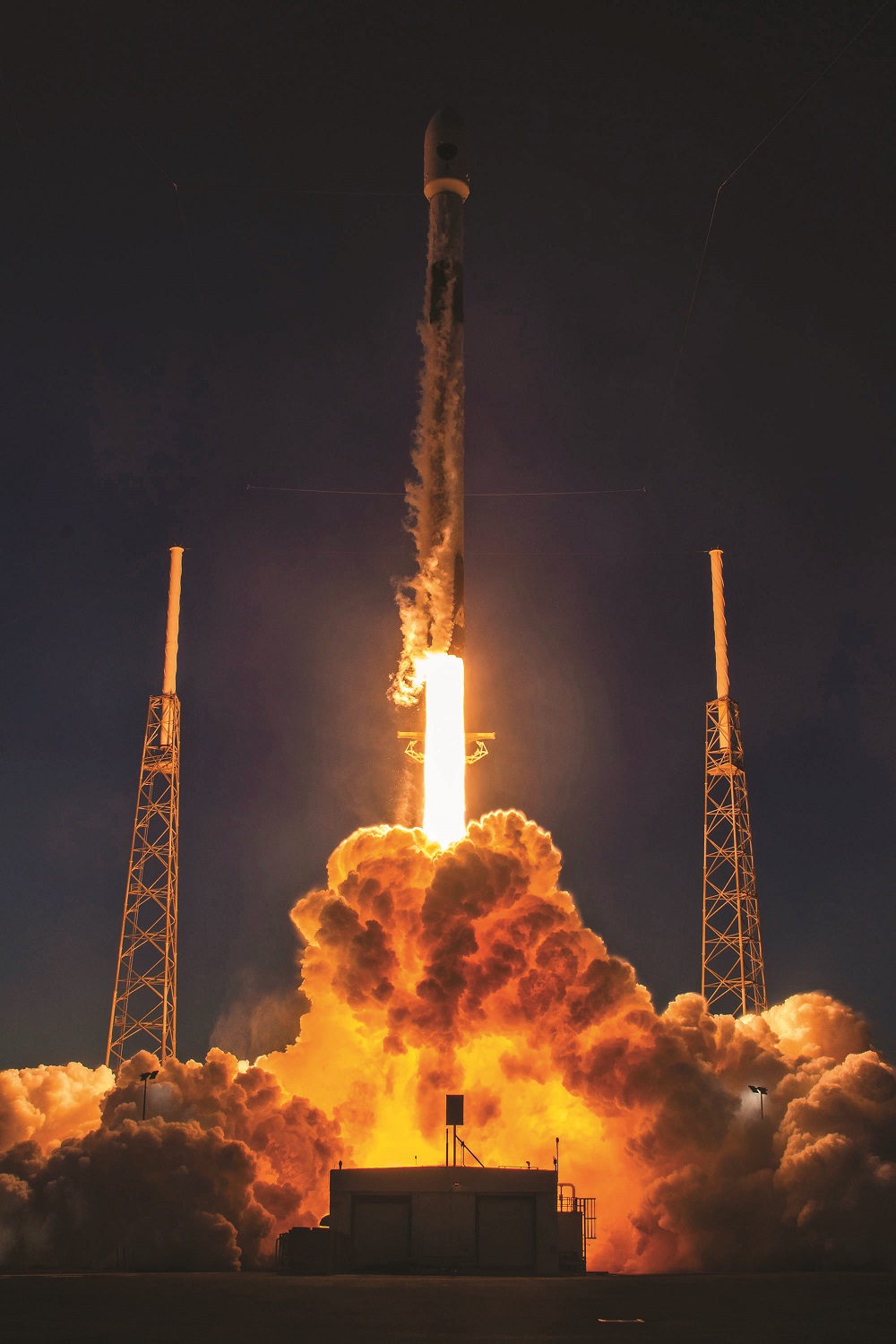Again, I have discussed the scenarios when cost plus is appropriate, you chose to ignore it. I also presented reason for why cost plus makes no sense in Artemis, you also chose to ignore it.Execept, like everything in this world, it's not anywhere near as binary as that.
Just because FFP has drawbacks and failed cases does not make FFP and cost plus equally appropriate for Artemis, that should be obvious. Anything in life has drawbacks and failures, but that doesn't mean there're no best things/solutions given a circumstance. For example EV has drawbacks and failures, but EV is an inherently better solution comparing to ICE for most applications, despite these drawbacks and failures.Make no mistake, literally everyone who's worked around the space industry would concur that there's a spectrum where there are both benefits and drawbacks to both cost+ and FFP. Literally everyone who's worked around the space Industry can cite examples of where both FFP and cost+ have proven their worth and proven to be problematic. That folks here simply refuse to accept that is quite disappointing.
I find it strange that you keep saying we're wrong but refuse to point out the specifics.Nope, that's exactly not what he's saying. Again, again, that you and others have drawn that conclusion from Berger's article is quite disappointing.
And no, I don't get all my space news from Berger, far from it. Here's an article from SpaceNews written by Jeff Foust reporting the same meeting: NASA concerned Starship problems will delay Artemis 3, just reading the title would show Foust has the same impression as me.
Honestly lay off the Berger hate, it's boring. He's actually pretty late on this particular controversy, notice his article was published about 9 days later than Foust. The online community is already on fire with Free's speech for quite a while, just look at the discussion under the Foust article. What Berger provided (as usual) is the quotes from his NASA sources, which are valuable, but it didn't shape our thinking, it merely confirmed it.
Last edited:



